Upselling products gives you a more confident, more fulfilled workforce, and more money in the till. Sarah Britton finds out how it’s done
ention the term ‘salesman’ and the image that springs to mind is a smarmy guy in a cheap suit spinning you a line about how he’ll give you a great deal on just about anything at all, providing there’s cash up front. The hair is slicked back, the hands are clammy, and the smile is about as genuine as an Essex girl’s tan. It’s not exactly a positive image, and it’s certainly not something many people appreciate or aspire to become. But convincing people to buy a product doesn’t have to be an underhand affair. In fact, encouraging your staff to upsell produce can result in improved customer service and an impressive set of sales figures.
Suggestive selling by staff can increase promotional penetration by as much as three times, and drive impulse purchasing by 100%, says HIM Research and Consulting. But just 2% of convenience shoppers quizzed by HIM in a recent survey said staff informed them of a promotion, and only 4% said staff suggested a product for them to purchase. “Many retailers worry it will annoy shoppers, yet 90% don’t mind suggestive selling, including 17% who positively like it,” says marketing manager Georgina Wild.
Retailers are missing a trick - and a significant sales increase - by not utilising the potential of upselling, agrees Skillsmart Retail. In fact, the group is so convinced that upselling is an essential tool, it has just launched a Sales Powered by Service course at its National Skills Academy for Retail. The course is run by retail training expert WorldHost, which offers plenty of advice to help staff improve their sales technique.
Setting sales targets is a good way to motivate staff members, according to master trainer Shalina Alabaksh. “I would encourage store owners to share their sales targets with their teams. It pushes people to try harder.”
Rav Garcha, who owns three Nisa stores and one unaffiliated shop in the Midlands, is a fan of this strategy. “If you set staff sales targets and involve a bit of competition, then they tend to be more interested. Some staff work only 16-20 hours a week. With upselling, I can set them targets and it means they leave at the end of their shift feeling like they’ve achieved something, rather than having to leave a job half done.”
Another way of encouraging staff to upsell is by allowing them to sample the product they are selling. “No one likes doing pushy sales, instead staff need to feel confident in the product,” says Alabaksh. “If a new product comes on the market, the best way to sell it is for staff to try it and know what it tastes like.”
Today’s retailer Rishi Madahani, who owns a store in Stokenchurch, Buckinghamshire, agrees that getting staff to taste a product can aid their sales skills. “When we get new items in I always give staff a brief. For example, when Walkers launches new flavours I put out bowls of each variety and let staff try them. I then encourage them to talk to customers about which flavours they like.”
The more knowledge staff members have about a product, the better, as this enables them to sell a particular product benefit, rather than just pushing a product for the sake of it. “No one just sells a grey jumper these days,” says Alabaksh. “It’s a grey, woollen mix, easy-to-wash jumper.”
Value for money appeals to most customers, so it’s vital staff are aware of all a store’s promotions. Training representative Pauline Irvine, who won the forecourt category of the 2011 Sales Assistant of the Year Awards, ensures that all staff at Henderson’s Spar Lagan Valley in Lisburn, Northern Ireland, know to talk to customers about good value. “You have to know all the store’s products and promotions. I tell staff to read our promotions leaflet, or if they’re not into reading then they can walk round and look at the offers. Telling customers about deals gets staff involved with the customers, and the customers appreciate it.”
Kevin Broughton, owner of Broughton’s News in Cleethorpes, Lincolnshire, also encourages his staff to upsell by offering customers value for money. “When you’re in the post office you get asked if you would like any stamps, so we’ve copied that,” he says. “My sales assistant Sue puts £1 items on the counter and offers them to people - they just fly out the door.”
Another benefit that staff can highlight to customers to encourage purchase is a product’s unique selling point, for example its ethical attributes such as Fairtrade, organic, or produced locally.
Conrad Davies, who owns three Spar stores in North Wales, notes that upselling Welsh produce is popular with customers and can offers a higher margin.
“Müller yogurt has little margin, but locally produced yogurt has a 30% margin,” he says. “We’ve invested in staff training on selling. We had a yogurt maker come and explain the quality of the ingredients - how it comes from the farm, how the producer got into yogurt to start with and so on. It was about explaining to staff about the importance of produce.”
Spar wholesaler James Hall has got behind suggestive selling in a big way and has trained staff at all 81 of its company-owned stores, as well as several independent shops, to upsell products. The more naturally the conversation flows, the better, so the company encourages staff to stay away from scripts. “Our programme looks at simple selling skills that staff can adapt to sit with their own ‘personality’,” claims training manager Linda Johnson. “We don’t give a selling script to follow.”
Rav takes the same approach: “I don’t want upselling to be scripted it has to be a natural conversation.” However, he gives his employees tips on how to direct the conversation to an end. “If all you’re doing is talking about the weather, then you won’t sell anything, but if you’re talking about the customer’s plans for the evening, then you might say: “How about some baps with your dinner tonight?”
He says that customers respond particularly well to being upsold new product launches and products in pricemarked packs.
He has also found that certain products can be sold off the back of others. “One of my staff members says that whenever anyone buys tobacco, they’ll ask if they have Rizla papers. We’ve seen an increase in both singles and multipacks because if someone does request a pack of Rizlas, they are now offered the multipack, rather than just given a single.”
James Hall’s approach has achieved astounding results. The sale of Spar Muffins proved particularly good, with one area (10 stores) increasing sales from 130 items the week prior to launch to 1,927, which equated to more than £500-worth of extra sales. One store in that area went from selling 15 packs to 409 packs.
Pauline has witnessed similarly successful results from her upselling initiatives. “I tell staff to treat the shop as your front room - don’t ignore people who come in. Talk to them, and tell them about what’s on promotion. It’s working because average basket spend has gone up from £4.27 to £4.56.”
Conrad’s stores have also benefitted from upselling - and selling more produce isn’t the only advantage. “Staff feel more involved in the business suppliers are pleased to be selling more and overall it’s created a feel-good factor,” he says. “When customers tell you that they want to shop with you not because of the price, but because of the service, it’s great. It’s not about the hard sell - it’s about interacting with customers and explaining why a particular product is good.”
“Retailers want to increase average transaction value and upselling is the way to do that,” concludes Alabaksh. “Most customers don’t mind upselling if it’s done appropriately and sincerely - not sounding like a robot. Encouraging staff to practice upselling on each other can help.”
Johnson adds. “When stores and staff get behind the selling opportunities, and use the skills they have been given, there’s no limit to the extra sales that can be generated.” ■ M Make sure staff take note of promotions and new products so that they can make shoppers aware
of them



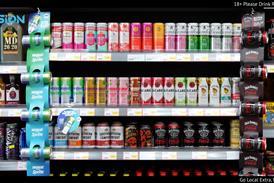
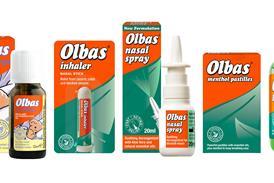



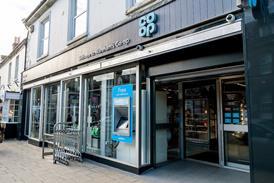
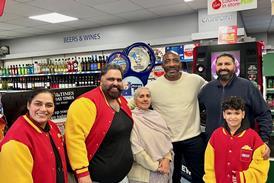

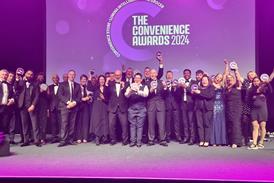
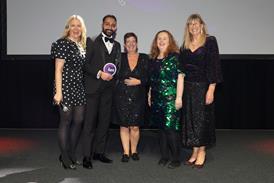





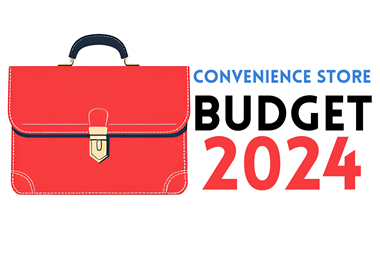

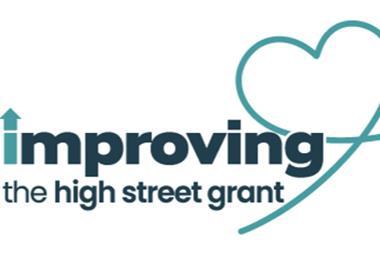
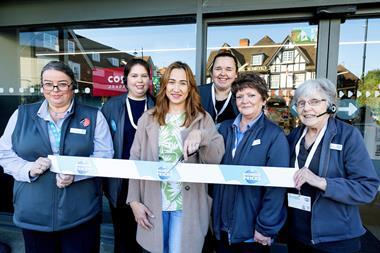

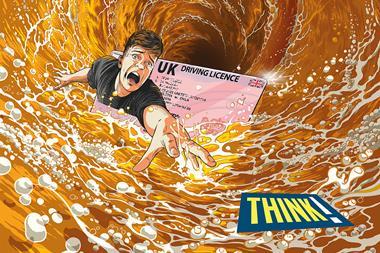
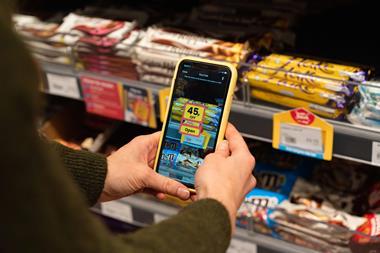


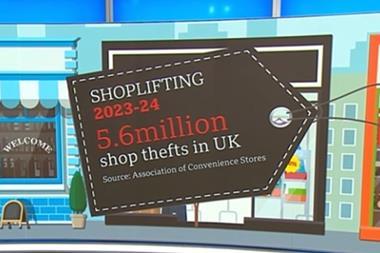
No comments yet